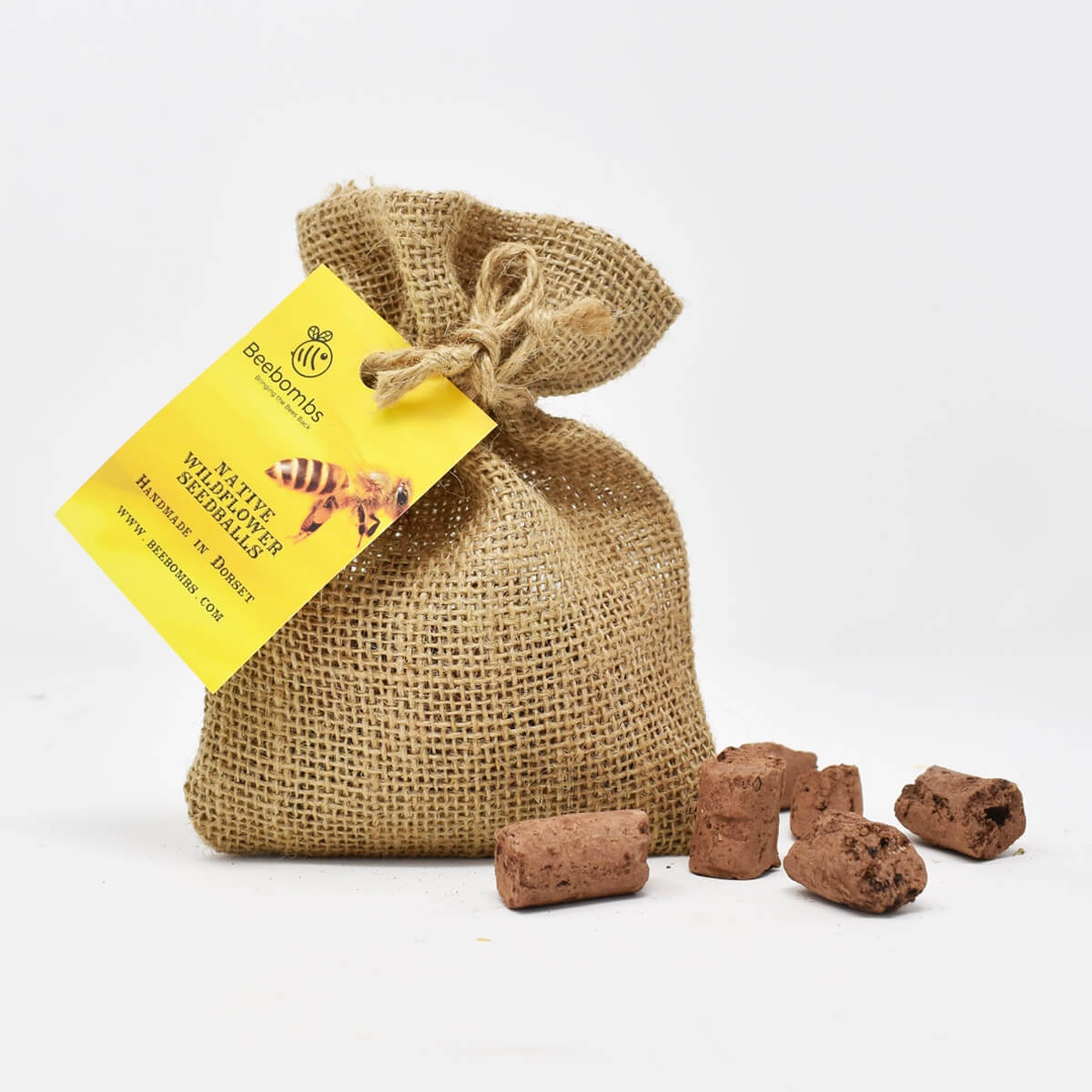riffraff
Striker
Will do.Check out propolis mate, the bee keeper lad introduced me to it, amazing antiseptic properties. The lass used get cold sores, two drops of it once she feels one coming on, next day all sorted. If I get a sore throat I use it mixed with honey, fixes all sorts of things

